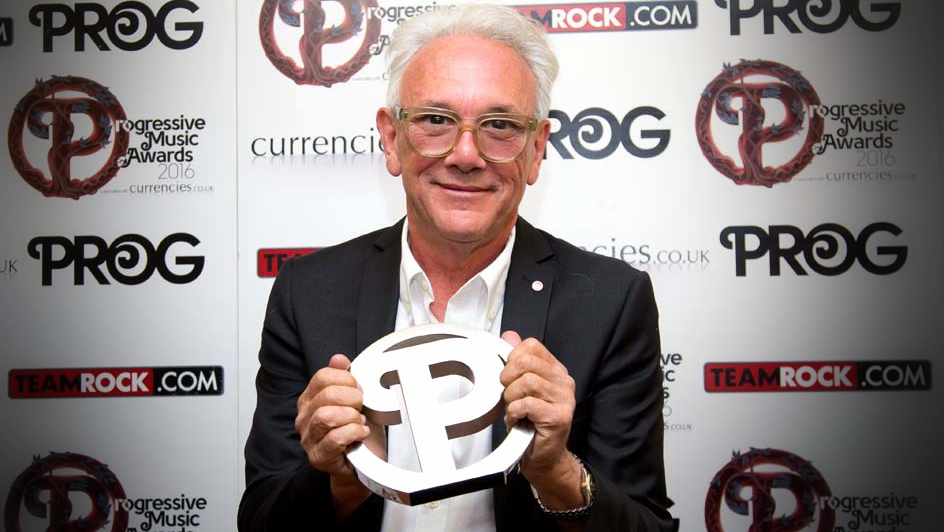Well, it seems to have worked. So far, Pink has sold about 135 million records worldwide. And she’s far from being done--Pink is making her way to Australia early next year.
But how did Pink do it?
Early Life And Career
Pink was born on September 8, 1979, in Doylestown, Pennsylvania. Raised in a home filled with the sounds of blues, folk, and rock, she had early influences that were as eclectic as the music she would later create. Her father played the guitar and sang songs, instilling in her a love for music from a young age.
At just 14, Pink took her first steps into the music industry, performing in clubs in Philadelphia. She was part of a few short-lived bands before deciding to go solo. Her initial efforts paid off when she released her debut album, ‘Can’t Take Me Home,’ in 2000.
The album was a commercial success, earning double-platinum status and spawning hits like ‘There You Go’ and ‘Most Girls.’ More importantly, it marked the beginning of a career that would defy genres and expectations.
The early phase set the stage for Pink’s evolution as an artist. It gave the world a glimpse of her raw talent and hinted at the influential figure she would become in music, style, and activism.
Musical Evolution
Pink’s musical journey is a study in versatility. She started her career with a strong R&B influence, evident in her debut album. However, she quickly pivoted to a rock-infused sound with her second album, ‘M!ssundaztood,’ in 2001. This album was a game-changer, featuring hits like ‘Get the Party Started’ and ‘Don’t Let Me Get Me.’ It showcased her ability to transcend genres.
Over the years, Pink has continued to evolve, embracing a pop-centric style while maintaining her rock edge. The albums ‘Funhouse and ‘The Truth About Love’ are testaments to her musical adaptability. Each record brings something new to the table, whether it’s a soulful ballad or an anthemic pop hit, proving that Pink isn’t an artist who can be easily categorised.
Collaboration has also been a significant aspect of her career. She’s worked with various artists, from legends like Steven Tyler to contemporary stars like Nate Ruess. These collaborations not only diversify her discography but also broaden her appeal to different audiences.
When it comes to accolades, Pink’s trophy shelf is far from empty. She’s won three Grammy Awards so far: one for ‘Best Female Rock Vocal Performance’ for ‘Trouble,’ and two for ‘Best Pop Collaboration for Vocals,’ one of them for her work with Christina Aguilera, Mya, and Li’l Kim in ‘Lady Marmalade.’
Her influence extends beyond the music charts, as she’s also received humanitarian awards for her activism, further solidifying her status as a multidimensional artist.
Pink’s musical evolution is just one facet of her complex persona. Her style and message have undergone transformations just as significant, contributing to the powerhouse artist we celebrate today.
Pink’s music isn’t just about catchy tunes; it’s a platform for meaningful messages. Themes of empowerment, love, and social issues frequently surface in her lyrics. The songs ‘Perfect’ and ‘Raise Your Glass’ have become anthems for self-acceptance, while ‘Dear Mr. President’ tackles political and social commentary head-on.
Beyond her music, Pink is deeply involved in philanthropy and activism. She’s been a UNICEF ambassador, focusing on child nutrition and emergency relief. Her activism extends to animal rights as well; she’s been a vocal supporter of PETA, advocating for ethical treatment of animals.
Public statements and interviews further amplify her message. Whether talking about LGBTQ+ rights or gender equality, Pink doesn’t shy away from speaking her mind. She’s been quoted as saying, ‘I wish for women to stop apologising for those very things that make us women,’ emphasising her stance on female empowerment.
Influence And Legacy
Pink’s impact on the music industry and her fans is undeniable. She’s not just a singer. She’s an inspiration for other artists to embrace authenticity over conformity. Her music has touched on themes that resonate with people from all walks of life, from teenagers grappling with identity to adults navigating complex relationships.
Musically, she’s given us hits that span decades and genres. Her image has evolved, but she always stayed true to her rebellious spirit. And perhaps most importantly, her message has been consistent: be yourself unapologetically. Whether it’s through her philanthropy or empowering lyrics, Pink has made it clear that she stands for more than just entertainment.
Conclusion
From her early days in R&B to her transition into rock and eventually settling into a unique blend of pop, Pink’s musical evolution has been nothing short of remarkable. She has navigated the complexities of the music industry while staying true to herself, offering a diverse discography that resonates with fans and critics alike.
Her style and image have shifted alongside her music, but the core message of empowerment and authenticity has remained constant.
As we look to the future, it’s clear that Pink’s influence will continue to reverberate through the music world and beyond. She’s not just a performer; she’s a cultural icon whose impact is broad and deep, promising more groundbreaking work.











